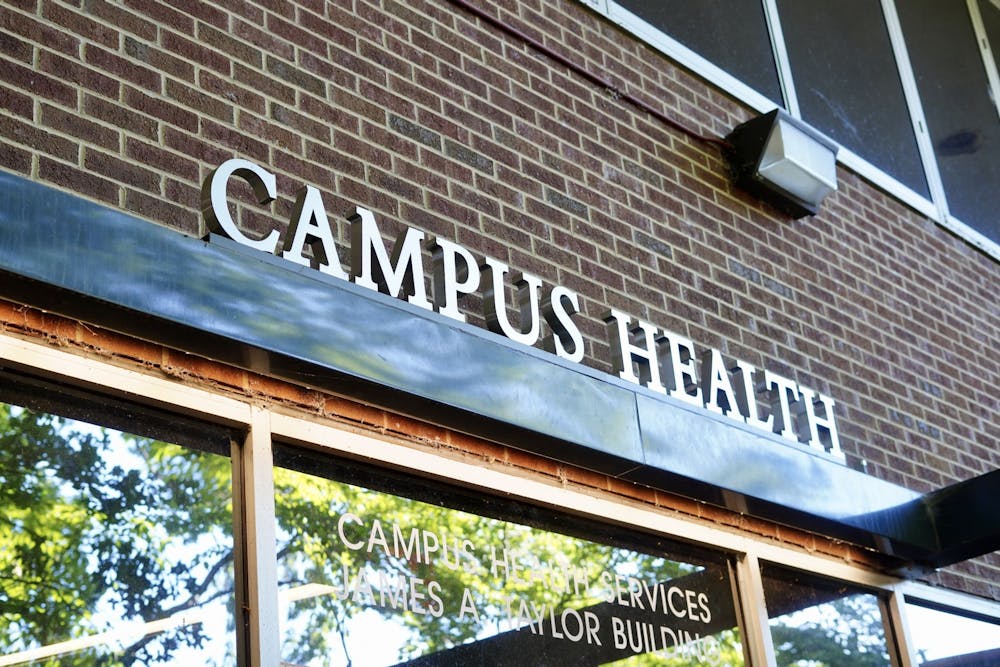Content warning: This article contains mention of suicide.
*
*
*
Since the start of the pandemic, local, national and global crises have contributed to a steady rise in community mental health issues. Increased funding and more accessible mental health resources provide solutions, and connect those suffering with quality care.
This academic year, UNC has an opportunity to take advantage of advancements in mental health care and better the University's existing support systems for students, faculty and community members.
A new suicide and crisis lifeline is currently available for community use, according to the UNC Counseling and Psychological Services website. The number — 988 — is only three digits, making it much easier to remember compared to its 10-digit predecessor: 800-273-8255.
Instead of police, dialing 988 will link the caller to a national network of local crisis centers. The goal of the number is to reduce calls to 911 for mental health crises, hopefully reducing law enforcement response during mental health emergencies, according to the Substance Abuse and Mental Health Services Administration. A lack of police training for mental health emergencies has resulted in two million people with mental health issues being jailed within the past year. Furthermore, SAMSHA reported that almost a quarter of fatal police shootings within the past year involve those with mental illnesses.
People of color are disproportionately impacted by police brutality. For instance, Black men are twice as likely to be killed by police as compared to their white counterparts, according to the Washington Post. Therefore, they are even more likely to be killed in violence stemming from mental health-related emergencies.



